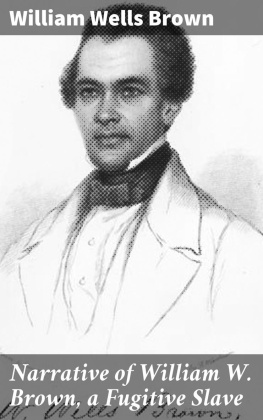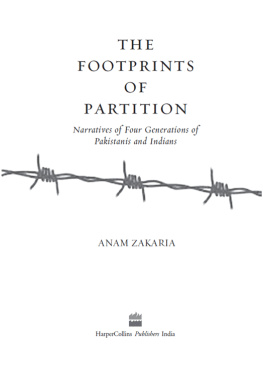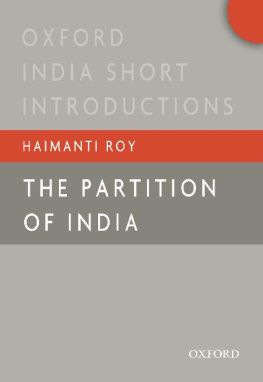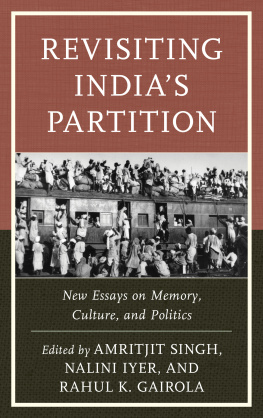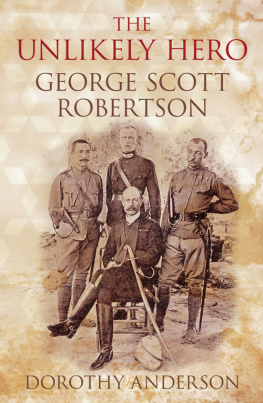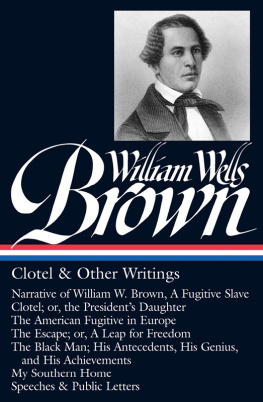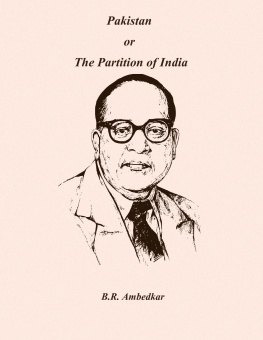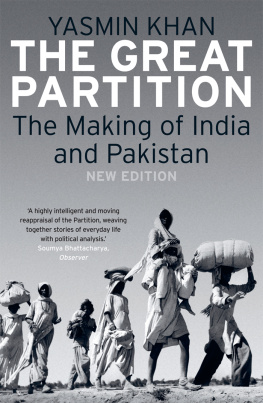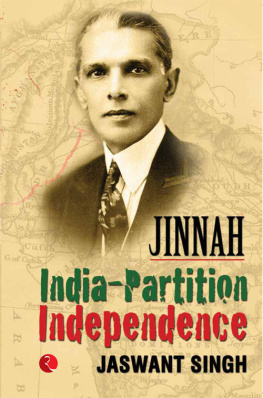First published in Great Britain in 2014 by
Pen & Sword Military
an imprint of
Pen & Sword Books Ltd
47 Church Street
Barnsley
South Yorkshire
S70 2AS
Copyright William A. Brown 2014
ISBN 978 1 47382 187 3
eISBN 9781473841123
The right of William A. Brown to be identified as the Author of this Work has been asserted by him in accordance with the Copyright, Designs and Patents Act 1988.
A CIP catalogue record for this book is available from the British Library
All rights reserved. No part of this book may be reproduced or transmitted in any form or by any means, electronic or mechanical including photocopying, recording or by any information storage and retrieval system, without permission from the Publisher in writing.
Typeset in Ehrhardt by
Mac Style Ltd, Bridlington, East Yorkshire
Printed and bound in the UK by CPI Group (UK) Ltd, Croydon, CRO 4YY
Pen & Sword Books Ltd incorporates the imprints of Pen & Sword
Archaeology, Atlas, Aviation, Battleground, Discovery, Family
History, History, Maritime, Military, Naval, Politics, Railways, Select,
Transport, True Crime, and Fiction, Frontline Books, Leo Cooper,
Praetorian Press, Seaforth Publishing and Wharncliffe.
For a complete list of Pen & Sword titles please contact
PEN & SWORD BOOKS LIMITED
47 Church Street, Barnsley, South Yorkshire, S70 2AS, England
E-mail: enquiries@pen-and-sword.co.uk
Website: www.pen-and-sword.co.uk
Preface
William Alexander Brown, 19221984
W illiam Alexander Brown, Willie to his friends, was born in Melrose in the Scottish Borders on 22 December 1922. His father, William Neilson Brown, had served with distinction in the Gordon Highlanders during the First World War, and had been awarded the Military Cross. His grandfather, Alexander Laing Brown, had been Liberal MP for the Border Burghs from 1886 to 1892. The Brown family had played a prominent part in the development of the woollen trade in the Borders: they were responsible for building some of the first mills in Selkirk, Galashiels and Hawick.
William Brown was educated at St. Marys Preparatory School, Melrose, and George Watsons College, Edinburgh. In April 1941, on leaving school, he enlisted in the Argyll and Sutherland Highlanders.
In December 1941 he sailed for India. Here, he attended the Officer Cadet Training Unit at Bangalore and was then commissioned as a 2nd Lieutenant into the 10/12th Frontier Force Regiment. He transferred almost at once to the Frontier Corps of Scouts and Militias, serving initially in the South Waziristan Scouts on the Afghan border of the North West Frontier Province. He soon became proficient in Pushto, the language of the Pathans.
In early 1943 William Brown was posted to the Gilgit Agency where he spent the next three years, for a time serving as Assistant Political Agent in Chilas (when he was responsible for the construction of the Chilas Polo Ground, still in use today). He travelled widely throughout the Gilgit Agency, in Hunza, Nagir, Yasin, Ishkoman, Punial and Kuh Ghizr, gaining experience which was to stand him in good stead when he had to face the Gilgit crisis of 1947 which is described in detail in this book. While in the Gilgit Agency during this time he learnt Shina, the lingua franca of the region, as well as some Burushaski, the language of Hunza. Some impression of his first time in the Gilgit Agency is conveyed in Chapter 1 of this book.
In 1946, after Gilgit, William Brown served briefly in the Tochi Scouts, based in North Waziristan, and then in June 1947 he was posted to Chitral as Acting Commandant Scouts there.
In Peshawar, en route for Chitral, he was told by Lt. Colonel Roger Bacon, then Political Agent in Gilgit, that the Viceroy, Lord Mountbatten, had decided (for reasons which were not clear to Bacon and which are still not clear) that the 1935 British lease of the Gilgit Agency from the Maharaja of Jammu & Kashmir (a lease which still had 49 years to run) was going to be terminated and that the Agency, with a 99 per cent Muslim population, was going to be returned to the Hindu rule of the Dogra Maharaja, Sir Hari Singh. The actual transfer would take place, Colonel Bacon told him, on 1 August 1947, two weeks before the recently announced end of the British Indian Empire on 15 August. It was put to him that he would be a suitable candidate for the position of Commandant of the Gilgit Scouts during and after this period of transition. William Brown, while fully appreciating the difficulties and dangers involved, and angry that the British could so callously return without any preparation or warning the Muslim people of the Gilgit Agency to by no means congenial Hindu rule, volunteered for the task even though it meant leaving the British service and become in effect a mercenary employed by the Maharaja of Jammu & Kashmir.
After a very brief period in Chitral the position of Commandant of the Gilgit Scouts was indeed offered to him. He accepted at once. He was given the acting rank of Major. On 29 July 1947 he arrived in Gilgit, just in time to witness the formal handover on 1 August, when the British flag was lowered and that of Jammu & Kashmir raised in its place. Colonel Bacon, the last British Political Agent, departed: his place was taken by Brigadier Ghansara Singh, the representative of the Maharaja of Jammu & Kashmir.
What followed between August 1947 and January 1948, when William Brown was finally withdrawn from Gilgit (now part of Pakistan), is described in considerable detail in Chapters II to V of this book. One must always remember that when these events took place William Brown was only 24 or 25 years old (he celebrated his 25th birthday in Gilgit). One must also remember that once William Brown had embarked upon the process which resulted in the Gilgit Agency declaring for Pakistan he was technically in a state of mutiny against the Government of the State of Jammu & Kashmir. Had he been captured by the Maharajas forces he would almost certainly have been put to death, as he well knew.
After his return from Gilgit in January 1948 William Brown transferred to the Frontier Constabulary, the Police Force of the North West Frontier Province (by now, of course, of Pakistan), in which he served in various capacities for the next two years.
In July 1948 William Brown was awarded the MBE (Military) with a citation so unspecific that it was not clear what lay behind this acknowledgement of his merits. He assumed that somewhere within the British military establishment there were those who approved of what he had done in Gilgit to ensure that this region went to Pakistan rather than to India. He was only too aware that there were other leading British figures, not least Lord Mountbatten, who were far from pleased by his intervention in the affairs of the post-British Subcontinent.
William Brown felt deeply attached to Pakistan and did not wish to leave the country. He sought, therefore, some position there in commerce after leaving the Frontier Constabulary. Sir George Cunningham, formerly Governor of the North West Frontier Province (and who figures in this book, as the reader will see), obtained for him a position in Imperial Chemical Industries (ICI) as a Sales Executive. Unfortunately, in this capacity his first posting was for Calcutta in India. During his time in Gilgit William Brown had evidently made a number of determined enemies among the Sikhs, perhaps because of his involvement (described in the book) in the destruction of the Sikh component of the 6th Kashmir Infantry in Bunji. In Calcutta he was set upon by Sikhs and left for dead in the street. Miraculously, he was found by a doctor and he recovered. He was then posted to Karachi in Pakistan.




